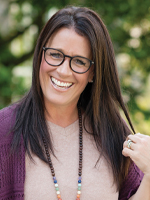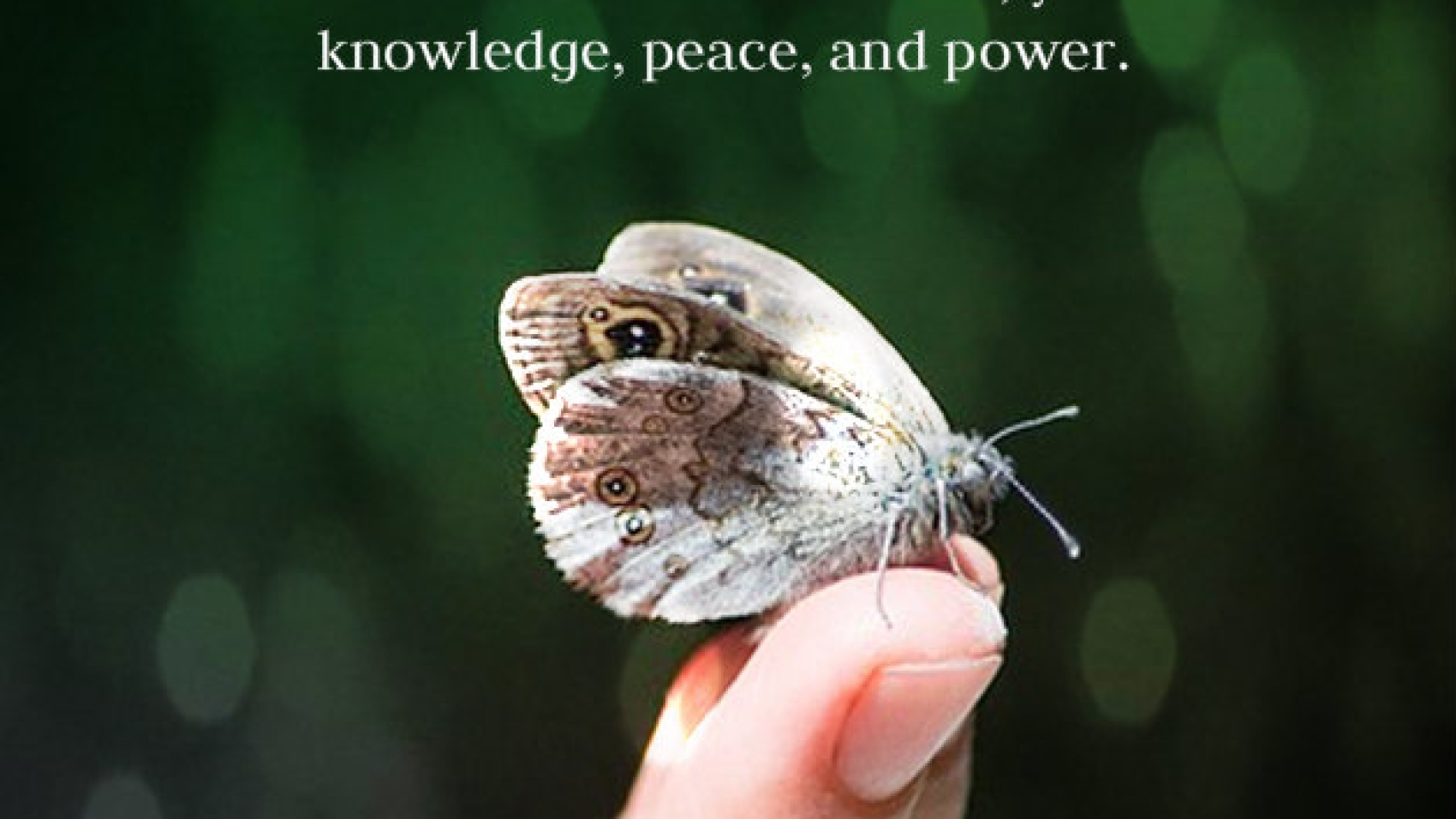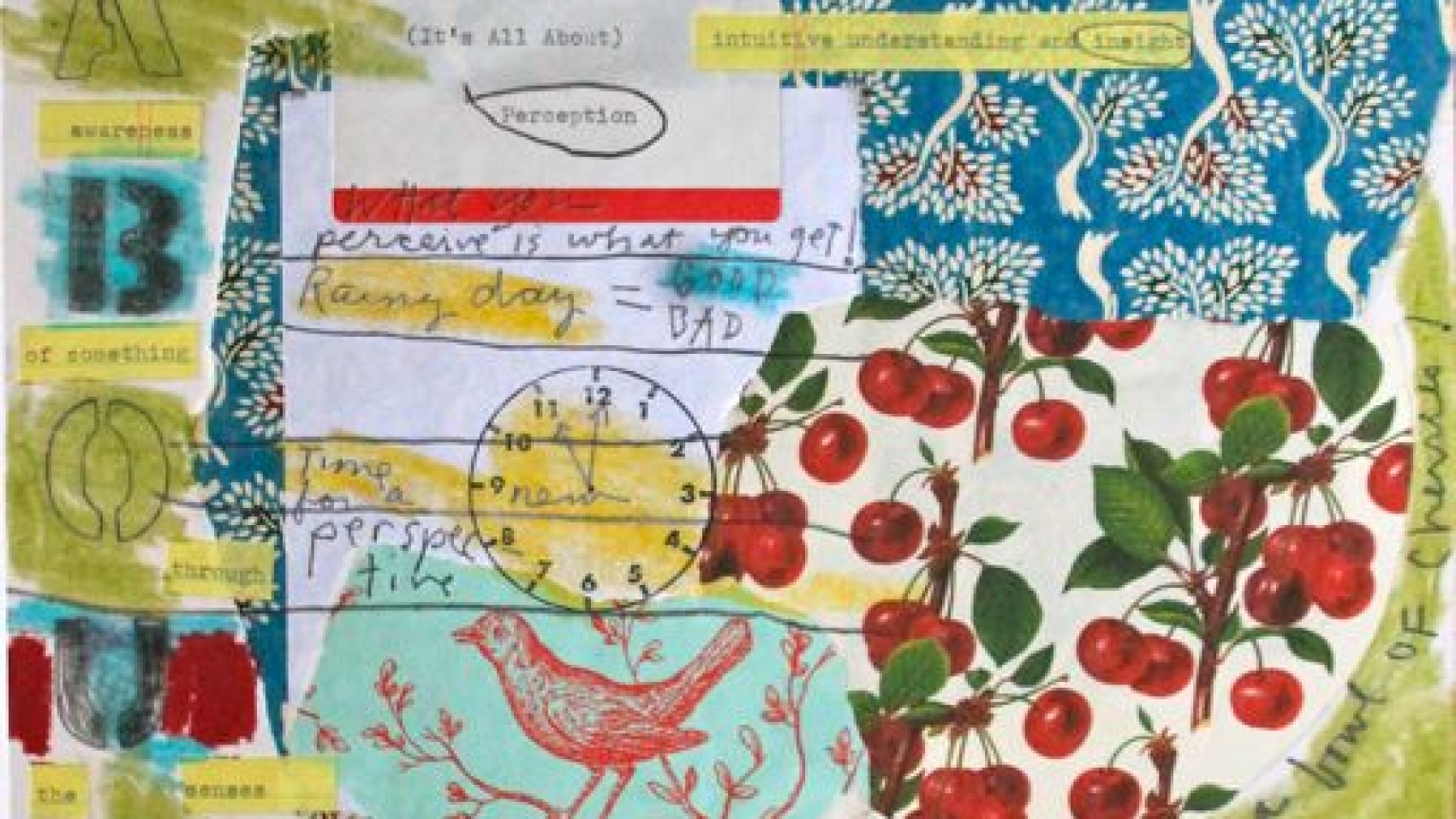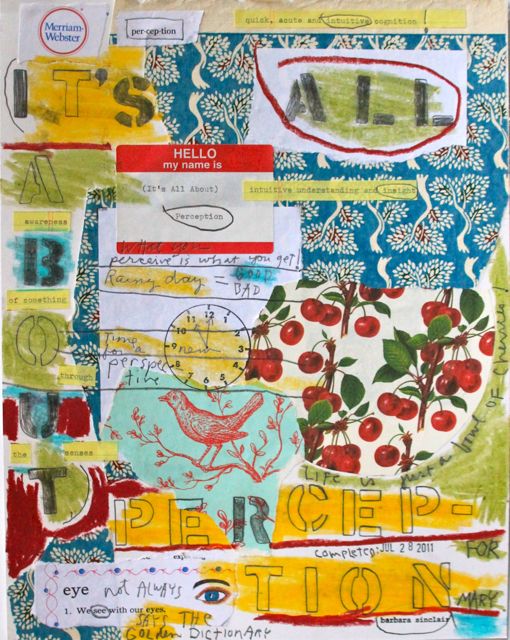7 Tips to Overcome Seasonal Affective Disorder (SAD)
by Cathy Gabrielsen
Why are you so SAD? Maybe it’s because it’s that time of year—the transition from fall to winter, the death of the leaves and grass, and the onset of bitterly cold weather. Are you becoming more withdrawn, feeling depressed, anxious, or hopeless? Do you have unusual physical aches and pains or find yourself craving comfort foods, like heaping servings of pasta or popcorn? If so, Seasonal Affective Disorder may be the reason.
Over three million people suffer through the change of seasons. There is not only the wintertime SAD, which is well-known and accepted as a serious condition, but also a summertime SAD, when the end of summer leaves you anxious and sad, with changes in appetite and insomnia. This is known as reverse SAD, when high temperatures and high humidity make you uncomfortable, and daylight is subtly shortening. Summer SAD can lead to major depressive disorder, which affects over 16 million people in the U.S.

Cathy Gabrielsen is a speaker, writer and Graduate teacher of LifeForce Energy Healing® at the Deborah King Center and founder of The Gabrielsen Healing Center.
Wintertime SAD can also be exacerbated by turning the clock back at the end of October. Winter hours can reduce your level of serotonin, the chemical produced by nerve cells that regulates your mood, and also melatonin, the hormone made by the pineal gland in your body that regulates sleep. With less of these mood enhancers in your system, you can wind up feeling depressed or anxious as winter comes roaring. It is natural to think that you should join the bears in withdrawing and hibernating for the winter, or that alcohol or recreational drugs will sufficiently numb the pain. But these are not optimum pathways for managing your inner pain. There are ways to ease the discomfort, depression, and overall negative feelings associated with this yearly time of darkness.
Deborah King’s LifeForce Energy Healing® Program cured me of SAD, along with alleviating my anxiety. I took the time to explore and discover why I was feeling seasonal affective disorder and found that journaling provided me with an incredible way to release and heal my negative emotions. I also realized that self-care is vital in healing all types of conditions. Self-care involves taking the time you need to find ways that work for you. I found the best solutions for me were to take a clearing bath or walk in nature, find time for massage or acupuncture, and spend time writing in my journal. Find out what brings you joy, and try the following helpful tips to ease the emotional and mental suffering of the winter blues.
- Get outside in the fresh air and move even though it may be cold and dreary out there. Take a brisk “stroll” mid-day or evening and bathe yourself in the peaceful ambience of sunlight or moonlight on snow. Or walk for a few minutes at dawn, intending that you will have a glorious light-filled day.
- Light therapy, also called phototherapy, works wonders! Lightboxes simulate sunlight and are an inexpensive and effective way to naturally stimulate serotonin and melatonin. Spend an hour each day under the lamp, working at your desk or doing the dishes or watching TV.
- Create positive new traditions in the winter. Instead of taking your vacation in the summer months, opt to get out of Dodge in mid-winter. It will give you something to look forward to, and if you head to a warm climate, you can soak up the sun.
- Stay in the Light. Stay connected with positive people, places, and things. If someone continuously brings you down, then stay away from that person. Watch an uplifting and light-hearted series. Stay in touch with your feelings and do what makes you feel good.
- Clear your chakras. Keep your energy field in balance and your chakras cleansed through meditative practices or energy healing. You will feel more energized and open to seeing things in a brighter light.
- Create joy. Listen to music and dance. Use aromatherapy to surround yourself with uplifting scents. Splurge on a mani-pedi or facial and know you deserve to be pampered.
- Meditate. Next to using a light box, bringing more spiritual light into your life through meditation is a sure fire way to beat the winter blahs. Ramp up your meditation program, fitting in 20 minutes each, morning and evening.
If you’ve been feeling out of sorts due to SAD, you’re not alone. There are literally millions of people struggling just like you this time of year. But now you know that there is something you can do to be happy.










